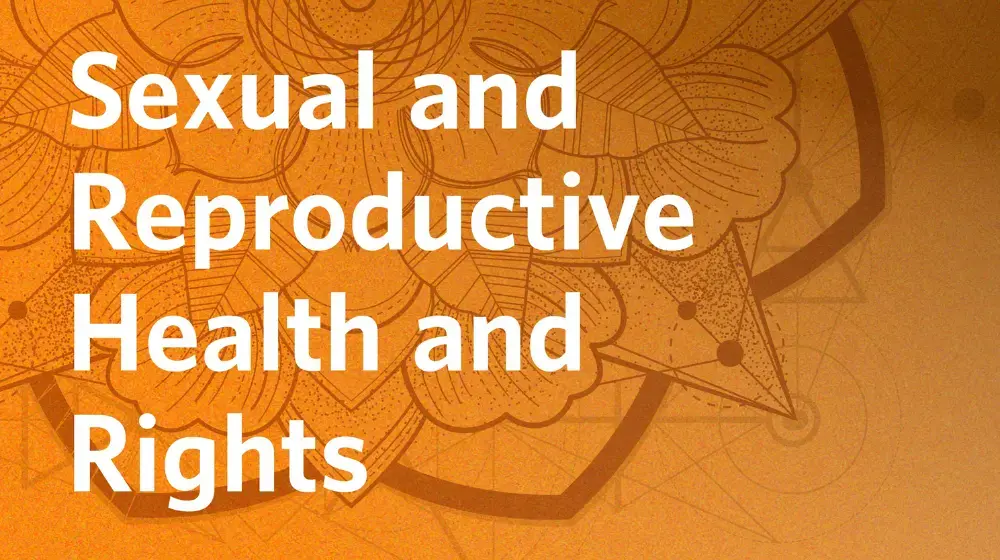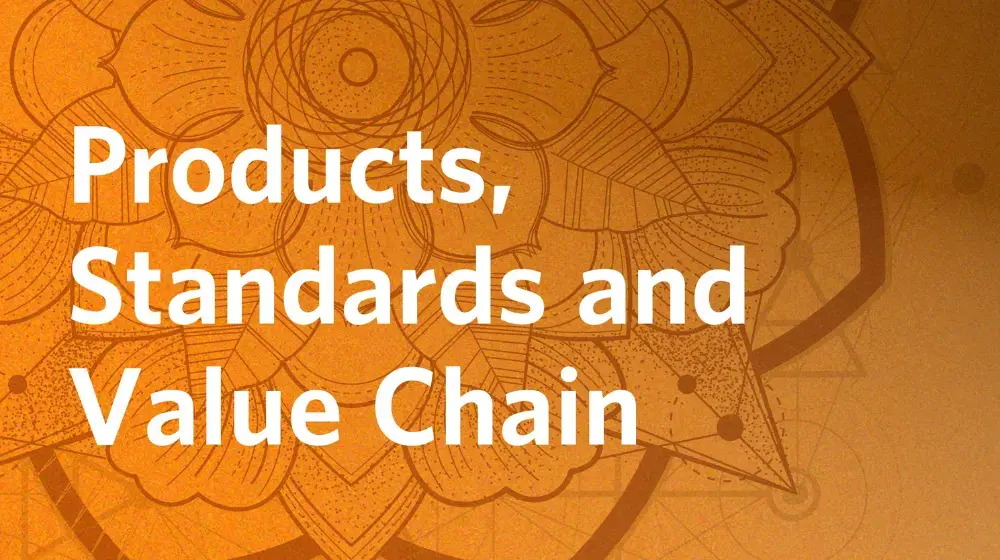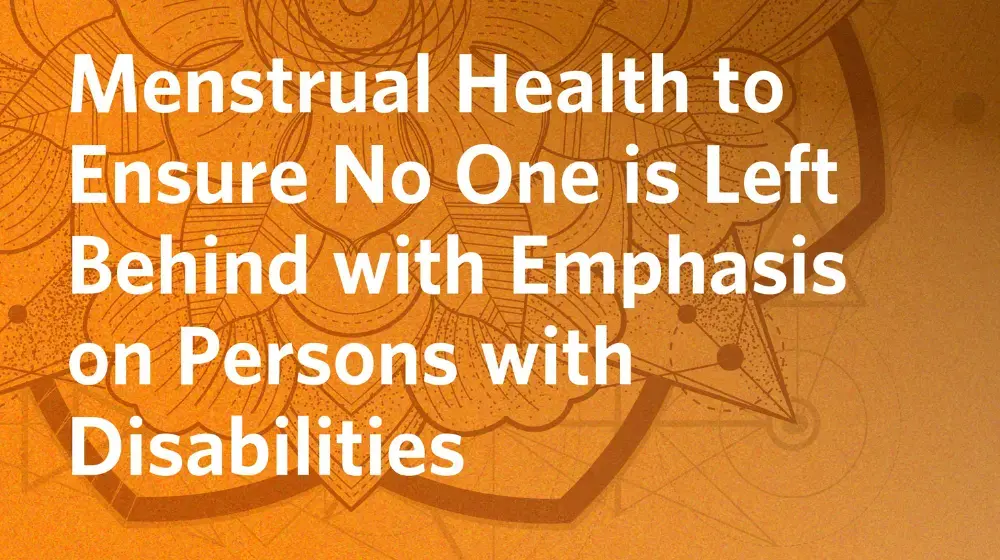ANTANANARIVO/Madagascar – “It wasn’t until I stood alongside my classmates in the delivery room, encouraging an anxious mother-to-be as she gave birth to a little baby boy, that I realised just how valuable this work can be.”
It wasn’t until I stood in the delivery room, encouraging an anxious mother-to-be as she gave birth, that I realised just how valuable this work can be.
For Tahiana Rakotovao, 24, a lifelong dream of becoming a midwife came a step closer to reality during her studies at Madagascar’s Interregional Training Institute for Paramedics (IFIRP), in the capital city of Antananarivo.
Speaking of her hands-on experience, she recalled: “A woman arrived in labour and we were part of the team supporting the main midwife on duty. When the patient was examined, the midwife understood that the baby was breech – with its feet facing the birth canal instead of the head.”
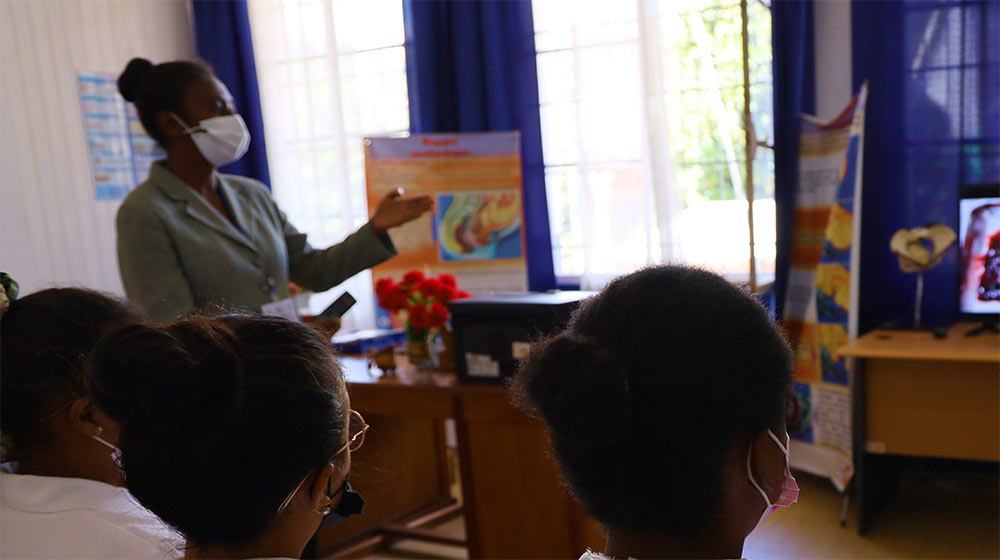
A breech birth can cause life-threatening difficulties for both mother and baby, so having an experienced midwife to assist is essential. Madagascar currently has one qualified midwife per 7,000 people, fewer than half of the WHO-recommended minimum.
This critical shortage is jeopardizing the safety of new and expecting mothers, with an average of seven women and three teenagers dying every day in Madagascar from pregnancy and childbirth-related complications. Fewer than half of all deliveries are attended by skilled health personnel and 60 per cent are home births, as many women are unable to access or afford quality maternal health care.
Learning to redress the imbalance
Every year, around 30 students are admitted for a three-year training course in midwifery at each of six public institutes in Madagascar. Although there are also more than 100 accredited private training schools for midwives, assessing the quality of training can be difficult, as their curricula are not standardized.
Since 2018, UNFPA has been working with the government to support training programmes for more than 800 midwifery students at three public institutes and one private school, helping to ensure graduates are qualified in compliance with international standards. The students have improved access to classroom learning material through rehabilitated laboratories, supplies of anatomy models, and an expanded digital library with a wide range of tailored online courses.
Government programmes used to recruit midwives directly from national training schools into public service, but funding cuts mean they must now find jobs themselves.
Liliane Ravelnarivo, Chief of Service for Training at IFIRP, says that although much is being done to improve the situation, the needs remain staggering. Students lack facilities such as computers and a fast internet connection, while newly qualified midwives face scarce job opportunities after graduating. “Government programmes used to recruit midwives directly from national training schools into public service, but funding cuts mean they must now find jobs themselves,” explained Ms. Ravelnarivo.
Midwives save lives
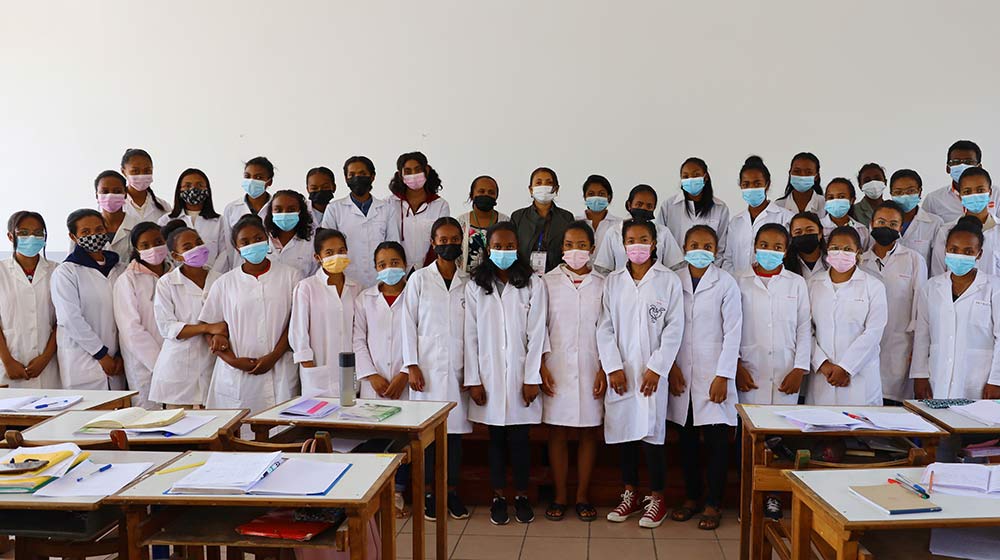
To date, UNFPA has supported the hiring and deployment of 157 midwives to 52 emergency obstetric and neonatal care centres and 13 primary health centres in remote and hard-to-reach areas of Madagascar.


